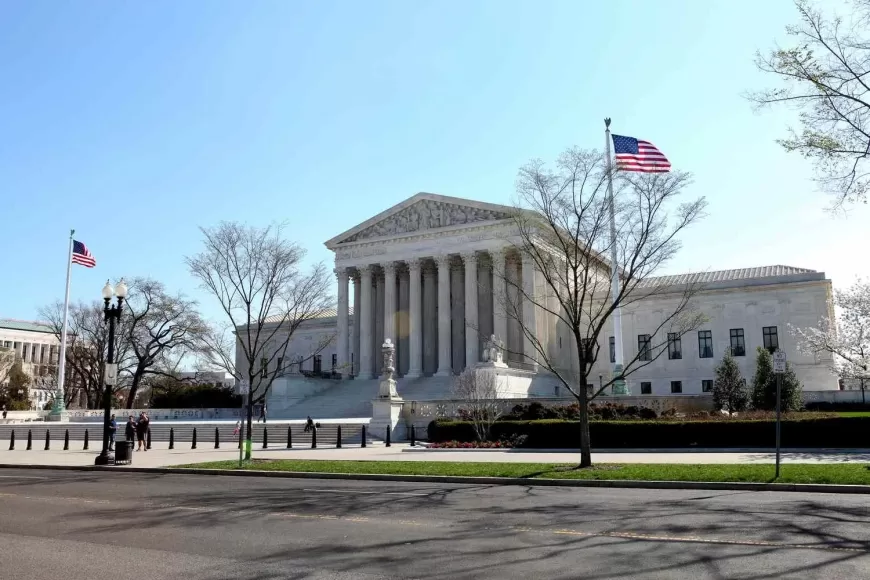United States Supreme Court Keeps Tax on Americans' Foreign Earnings Despite Legal Challenge
US Supreme Court decision upholds tax on Americans' foreign earnings. Insights on legal implications and broader tax policy debates included.

The U.S. Supreme Court recently decided to keep a tax that affects Americans who have investments in certain foreign companies. This decision came after Charles and Kathleen Moore from Redmond, Washington, challenged the tax in court. The justices, voting 7-2, agreed with a previous court ruling on this tax, called the "mandatory repatriation tax" (MRT), which was introduced as part of a law signed by former President Donald Trump in 2017.
The case focused on whether this tax on gains that haven't been realized yet—meaning, not actually received as income by the taxpayers—follows the rules set by the U.S. Constitution's 16th Amendment, which allows Congress to tax incomes.
The Moores, supported by groups like the Competitive Enterprise Institute, argued that "income" should only mean the profits actually paid out to the taxpayer, not just the increase in the value of investments.
The Moores were seeking a refund of about $14,729 in taxes they had to pay as minority shareholders in a company in Bangalore, India, called KisanKraft, which sells farming equipment.
During discussions, the justices debated how much power Congress should have to tax wealth and expressed concerns about how a decision favoring the Moores could affect other tax laws that apply to different types of businesses.
The Justice Department warned that if the Supreme Court had overturned the MRT, it could have cost the government more than $340 billion over the next ten years and put other tax changes, like proposals for a tax on wealthy Americans' total assets, at risk.
The case also raised questions about whether Justice Samuel Alito should have been involved, given his connections to one of the Moores' lawyers. Some senators said Alito's ties could make it hard for him to decide the case fairly. This controversy highlights ongoing debates about how judges should act and how much oversight they should have.
In conclusion, the Supreme Court's decision confirms the legality of the MRT, impacting U.S. tax policy while sparking wider discussions about ethics and tax reform in the judiciary.
Also Read: Don't Forget Your Quarterly Tax Payments: Penalties Can Be Costly































































